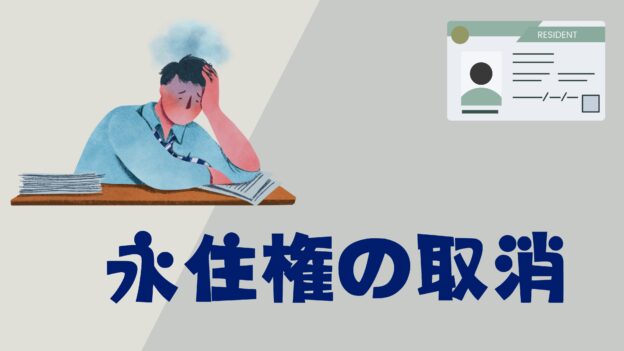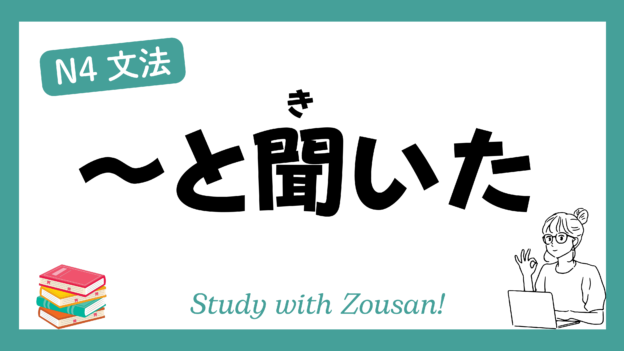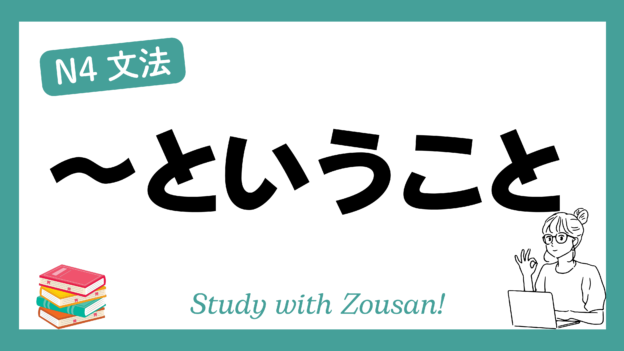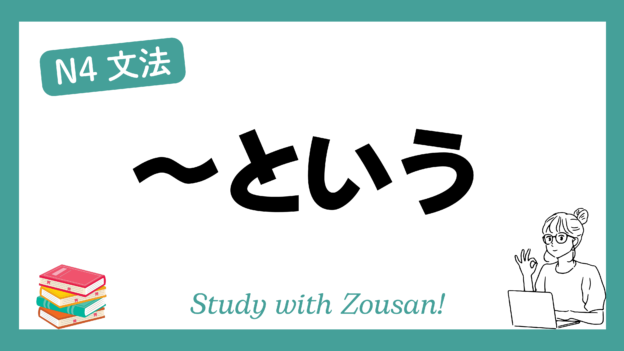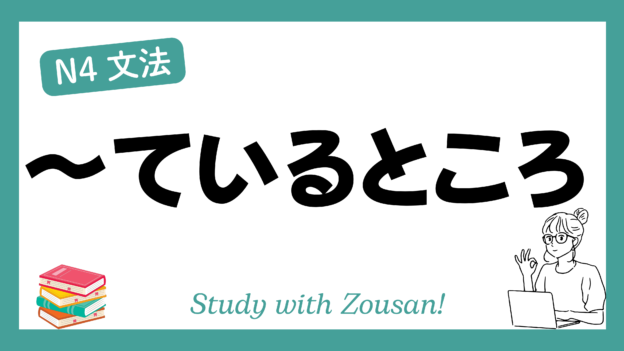Meaning: “Even if… / Even though…”
~ても is used to express concession or a situation where the outcome does not change even if a certain condition is met. It conveys the idea that even if something happens or a condition is satisfied, the action or result remains unaffected.
※Note:
・~ても can be used with verbs, adjectives, and nouns to indicate contrast or emphasize that an event does not have the expected effect.
・This structure is often used with words that express feelings, states, or results to highlight the unchanged nature of the situation.
Structure:
| Verb (て form) |
+ も |
| Noun + で |
| な-adjective + で |
い-adjective + いくて |
Example:
-
-
-
🌟 雨が降っても、サッカーをします。
(あめ が ふって も、サッカー を します)
Even if it rains, we will play soccer.
-
🌟 高くても、その服を買います。
(たかく て も、その ふく を かいます)
Even if it’s expensive, I will buy those clothes.
-
🌟 勉強しても、テストに合格できないかもしれない。
(べんきょう して も、テスト に ごうかく できない かもしれない)
Even if I study, I might not pass the test.
-
🌟 彼が何と言っても、私は諦めません。
(かれ が なに と いって も、わたし は あきらめません)
No matter what he says, I won’t give up.
-
🌟 忙しくても、家族との時間を大切にします。
(いそがしく て も、かぞく と の じかん を たいせつ に します)
Even if I’m busy, I cherish time with my family.
-
🌟 辛くても頑張ります。
(つらく て も がんばります)
Even if it’s tough, I will do my best.
-
🌟 時間がなくても、少し運動したほうがいいですよ。
(じかん が なく て も、すこし うんどう した ほう が いい です よ)
Even if you don’t have time, it’s good to exercise a little.
-
🌟 どんなに疲れていても、仕事は終わらせます。
(どんな に つかれて いて も、しごと は おわらせます)
No matter how tired I am, I will finish my work.
-
🌟 寒くても、外で遊ぶのが好きです。
(さむく て も、そと で あそぶ の が すき です)
Even if it’s cold, I like playing outside.
-
🌟 失敗しても、もう一度挑戦します。
(しっぱい して も、もう いちど ちょうせん します)
Even if I fail, I will try again.





